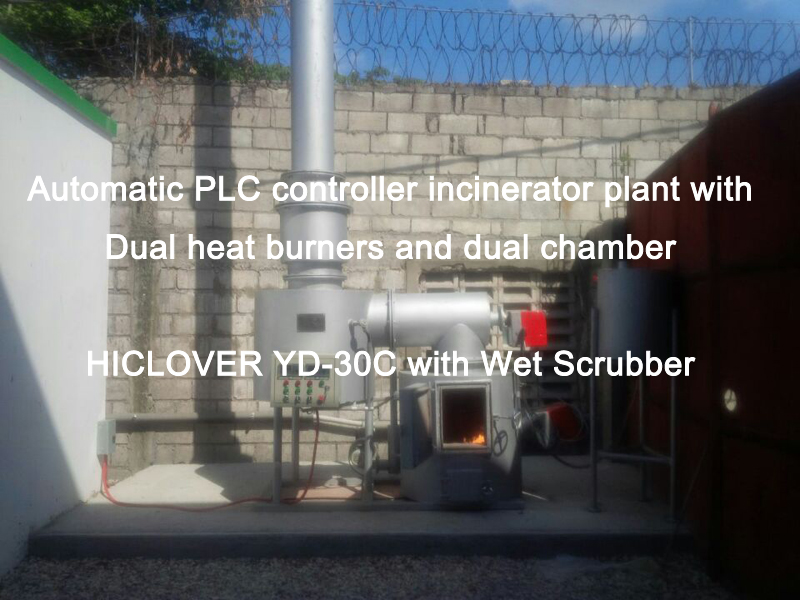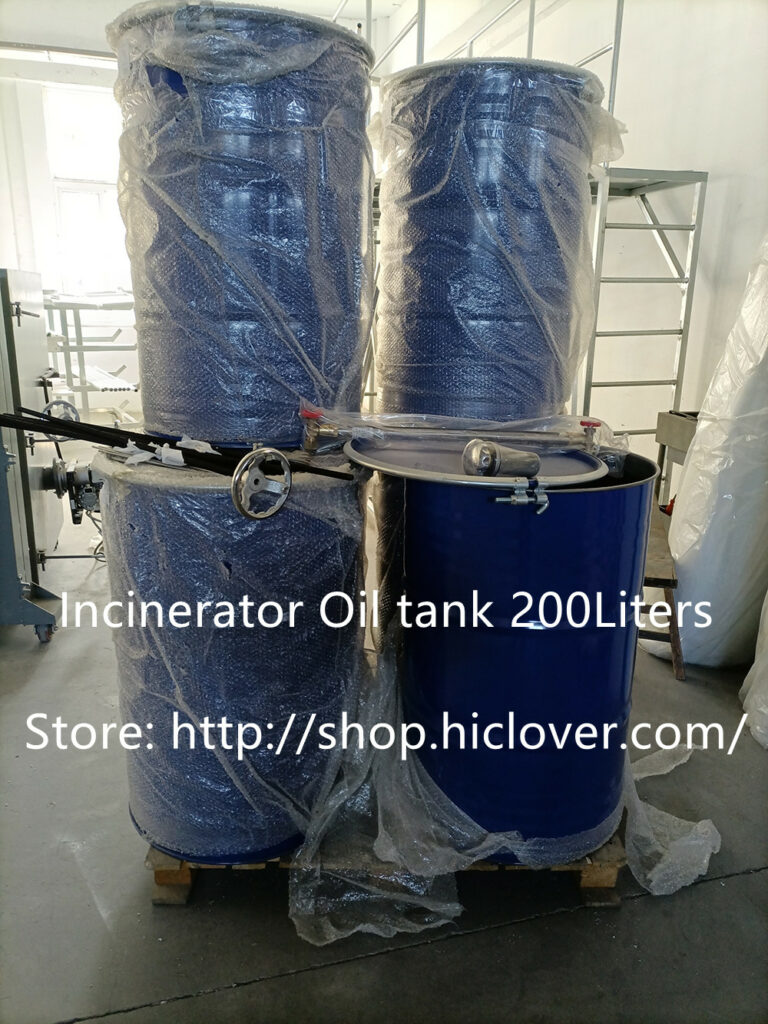Laboratory incinerators are necessary for safely disposing of various types of waste generated in research and testing facilities. However, choosing the right laboratory incinerator can be a daunting task with so many options available on the market. There are several key specifications to consider when selecting the right laboratory incinerator. Here are some important factors to keep in mind:
1. Type of Waste:
The type of waste that will be incinerated is a crucial consideration when choosing a laboratory incinerator. Different types of waste, such as medical waste, chemical waste, and organic waste, require different incineration technologies. Some incinerators are specifically designed for certain types of waste, so it’s important to choose a model that can handle the specific waste materials generated in the laboratory.
2. Capacity:
The incinerator’s capacity is another important specification to consider. The capacity of the incinerator should be sufficient to handle the volume of waste generated in the laboratory on a regular basis. It’s important to carefully assess the amount of waste that needs to be disposed of and choose an incinerator with an appropriate capacity to meet the laboratory’s needs.
3. Temperature Range:
Different types of waste require specific temperature ranges to be effectively incinerated. It’s important to choose a laboratory incinerator that can reach and maintain the necessary temperature range for the type of waste being incinerated. Some incinerators offer adjustable temperature controls, which can be beneficial for handling various types of waste.
4. Emissions Control:
Emissions control is a critical consideration when choosing a laboratory incinerator. It’s important to select an incinerator that is equipped with effective emissions control technology to minimize the release of harmful pollutants and ensure compliance with environmental regulations. Look for incinerators that have built-in means of controlling and monitoring emissions.
5. Energy Efficiency:
Energy efficiency is an important consideration when choosing a laboratory incinerator. An efficient incinerator can help reduce operational costs and minimize the environmental impact of waste disposal. Look for incinerators that are designed to maximize energy efficiency and minimize fuel consumption.
6. Compliance and Certification:
It’s important to choose a laboratory incinerator that complies with relevant industry standards and regulations. Look for models that are certified by recognized regulatory bodies and have a proven track record of safety and performance. Compliance with regulations such as the Clean Air Act and the Resource Conservation and Recovery Act is essential.
In conclusion, choosing the right laboratory incinerator is a critical decision that requires careful consideration of various specifications. By evaluating the type of waste, capacity, temperature range, emissions control, energy efficiency, and compliance with regulations, laboratory managers can select an incinerator that meets their specific needs and ensures safe and effective waste disposal.



